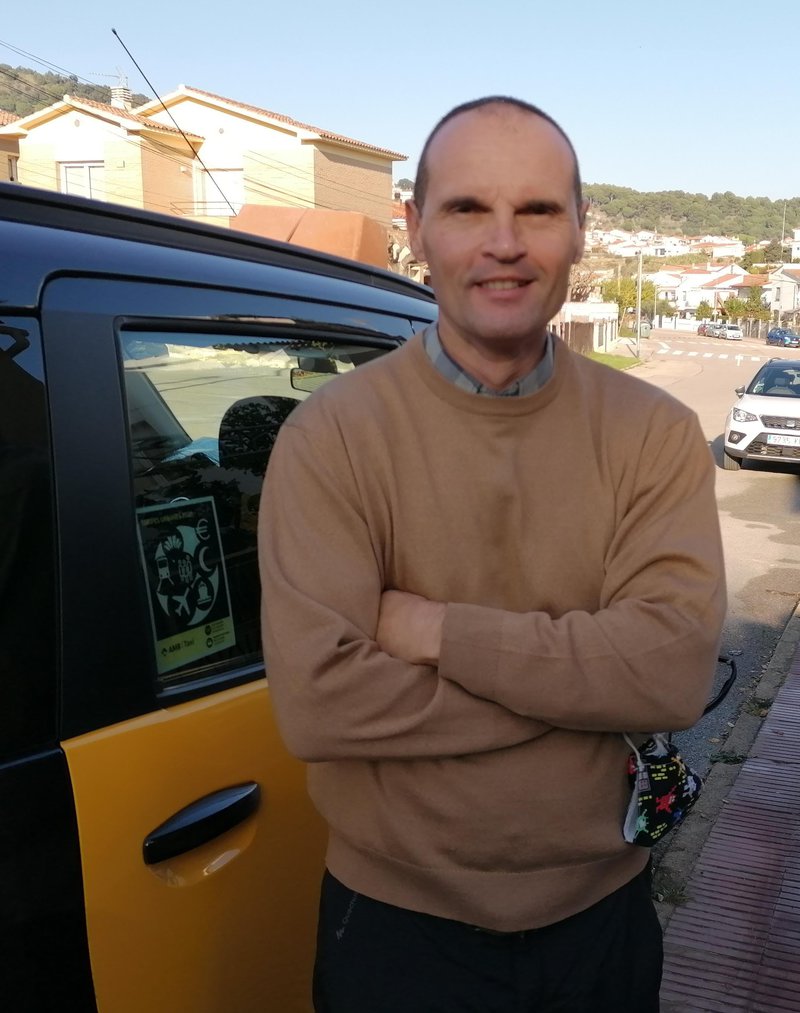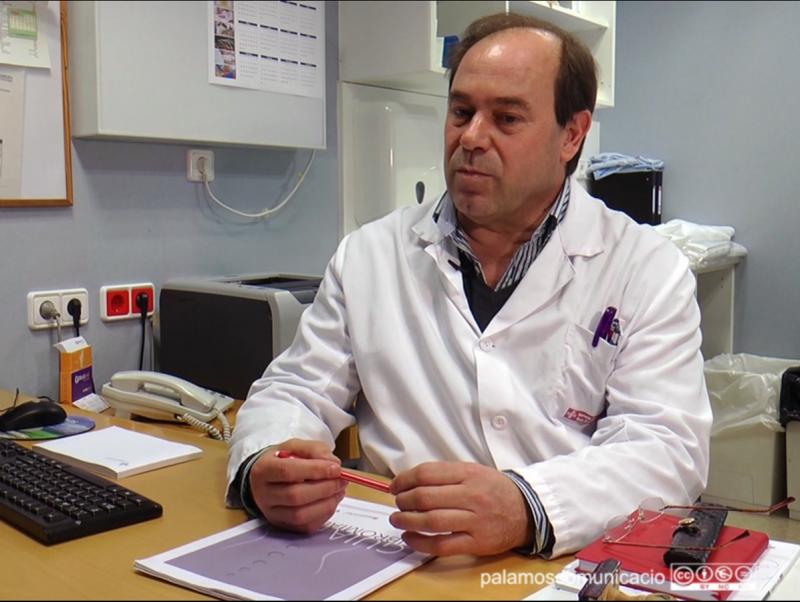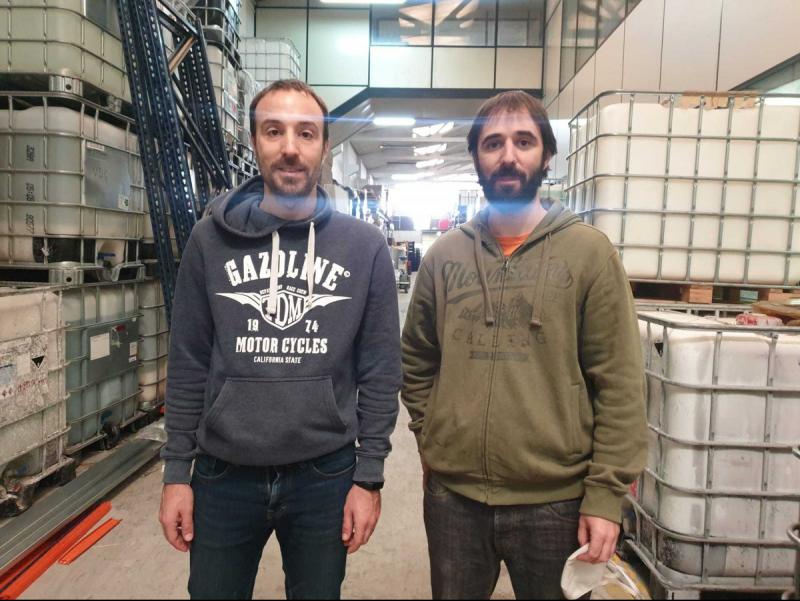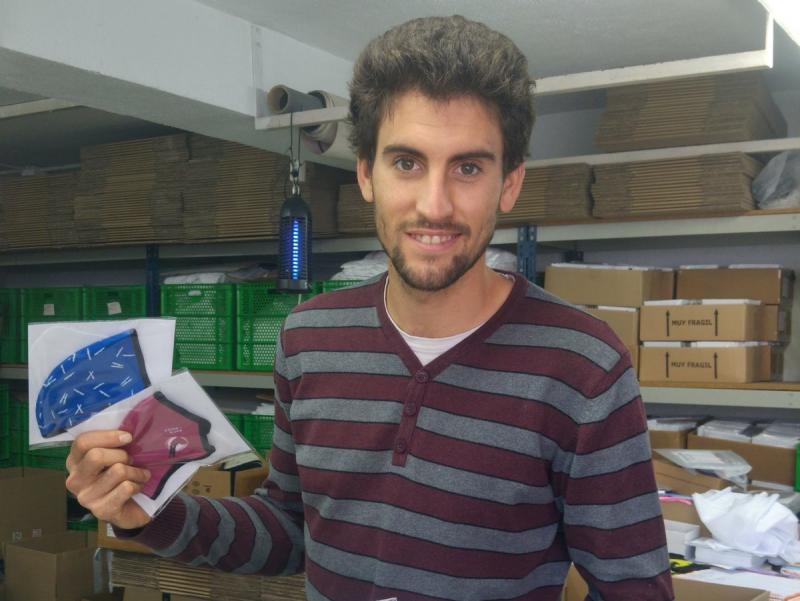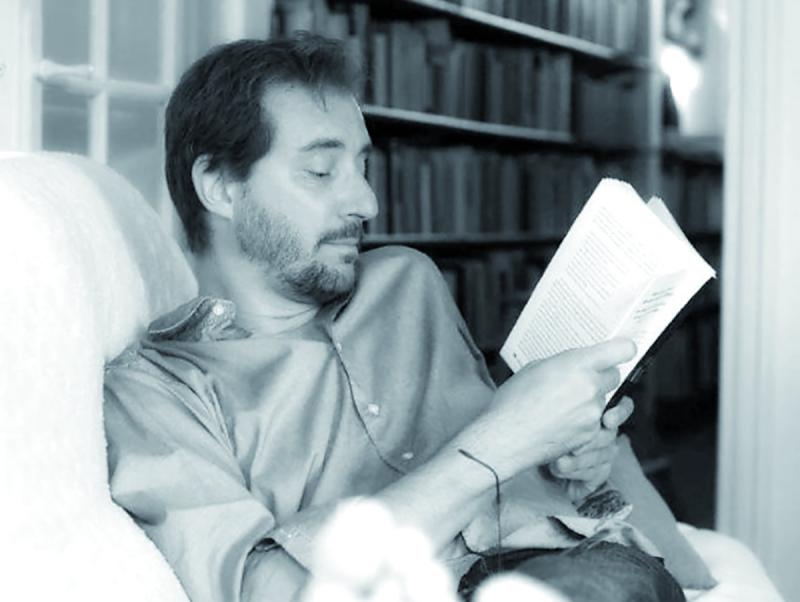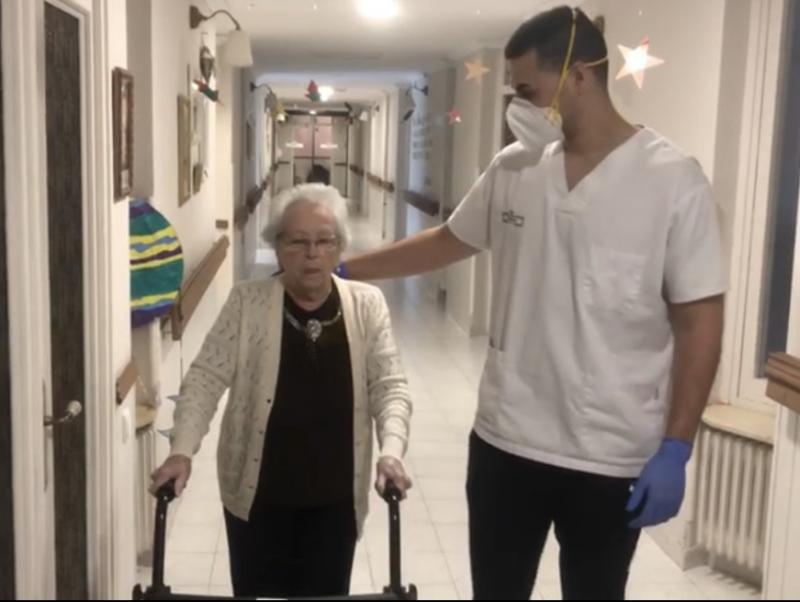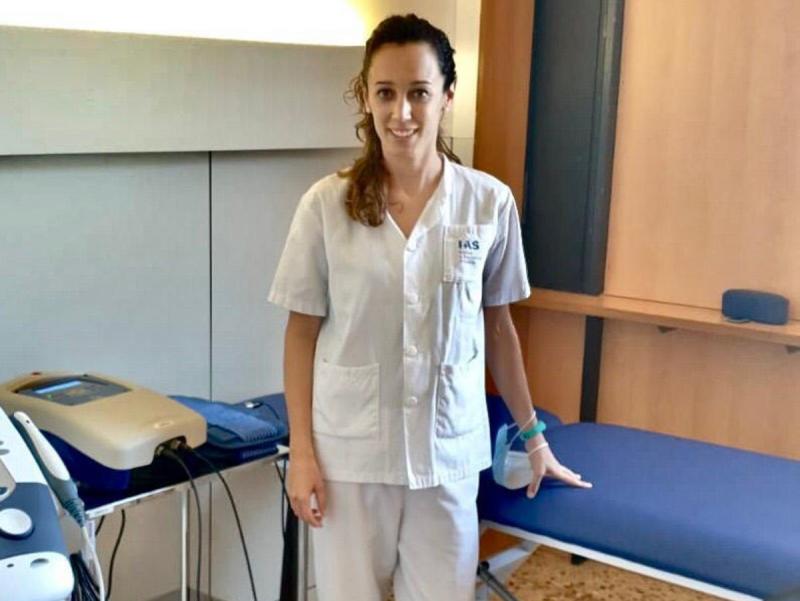News
David Cassà
“Every month we bill a little less”
NO WORK FOR EVERYONE “I’ve driven around Barcelona for over four hours without anyone stopping me”
Born in Barcelona 50 years ago, David Cassà has lived in Pineda de Mar for 16 years and has been a taxi driver for nine. When the pandemic hit, he did not have any outstanding debts to cover, but that was not the case for many of his colleagues.
How was the first wave?
When we were locked down, we were heavily regulated in the taxi industry. In the metropolitan area, we only went to work one day a week, but the truth is that there was very little work. I went to Barcelona because my mother is there, who is old now, and I took the opportunity to see her while thinking I might also be able to work, but most days I would return home without having done anything. In fact, a taxi driver from Barcelona who lived in the city could try and do that and maybe it was worth it. But for many taxi drivers living outside the city it wasn’t worth the expense of petrol to get there and do nothing all day. Many taxi drivers have been at home for months, and those who went to work out of necessity have appreciated that.
Did you receive any financial help?
In that first lockdown most taxi drivers, who are mostly self-employed, applied for some because we had an official document from the Metropolitan Taxi Institute saying that our income had dropped a lot. It’s obvious that without people there is no work.
Was the summer better?
We had to regulate ourselves, because there wasn’t work for everyone either. During this stage, not everyone applied a second time. It was harder to show a drop in income because August was in the middle of it. If you took a vacation in August last year and had to work to make money this summer, you would automatically be billing more than last year. It’s nonsense, but that’s the way it is. Roughly speaking, and only from what I could see, I would say we were at 30% income in the summer.
A drastic fall...
Taxi drivers in Barcelona live a lot from tourism and cruises. Barcelona is the second largest port in the world in terms of cruises. It’s officially the fourth, but the first three are in Miami, so as a city it’s the second largest in the world. It’s still a big drama at the airport. The same number of planes that used to arrive in an hour arrive in a whole day. And the planes used to arrive full of people, whereas now they arrive relatively empty. If we used to wait an hour to get a fare, now we can be waiting six, seven or eight hours. There are people who prefer to go there than do street work, simply because no one is hailing taxis in the city. In the taxi world people have their preferences. Some like the airport, others the city centre, there are those who go to Sant Cugat, to Zona Franca, or to Santa Coloma de Gramenet... There are those who do hotels, others hospitals, and others nightlife. Now that everything is affected and there are more restrictions, it all gets mixed up and our income falls every week. And asking for help is tricky.
In what sense?
We’re told that we need to show a 25% drop in income compared to last year. But what happens is that there are people who need to work hard to get to the end of the month, and then they think that if they ask for help they will get it back. Others, who are better off financially, work fewer hours a day, can show a drop in billing, and ask for help. And this is a profile of today’s society: the one who needs help the most is the one who has the most problems getting it, and the one who needs it least is the one who receives help.
How do taxi drivers see the situation now?
What’s happening now is that many people work fewer hours because doing a longer day is useless. I’ve driven around Barcelona for more than four hours without anyone stopping me. There are already taxi drivers selling licences, which have come down a lot in price. They’re people who can’t afford their mortgage, for example. Since you can’t see where it will all end, it’s very scary. And also this crisis, which began as a health crisis and is now also economic, is not a normal one. I’ve had restaurant owners in my taxi who had always worked even during the worst crises, but now are thinking about quitting. And many others depend on them, I can survive if restaurants and nightclubs are open... I don’t only drive old people to the doctor’s.
Aside from less work, what other changes have you noticed?
That there are a lot more bicycles and electric scooters. I’m not against cyclists because I am one myself, but it’s clear that if the number of cyclists increases so does the number of cyclists who don’t follow the rules, go the wrong way and jump traffic lights. Most taxi drivers in Barcelona have all four corners of our taxis scratched by bicycles. In a village everyone knows the cyclist, in the city the cyclist is anonymous.
How have you experienced it on a family level?
My family is a bit like society. As a taxi driver, I want and need everything to be open, for restaurants to work, for people to move around, for hotels to have tourists, for nightclubs to open... But my wife is a nurse and she pulls her hair out when she hears that. We both want the best for everyone, but we all have a different view of how things should be done, without that meaning we are opposing each other. And that’s simple at the family level, but at the level of society it’s more complex.
COVID STORIES
Related news
Leave a comment
Sign in.
Sign in if you are already a verified reader.
I want to become verified reader.
To leave comments on the website you must be a verified reader.
Note: To leave comments on the website you must be a verified reader and accept the conditions of use.

